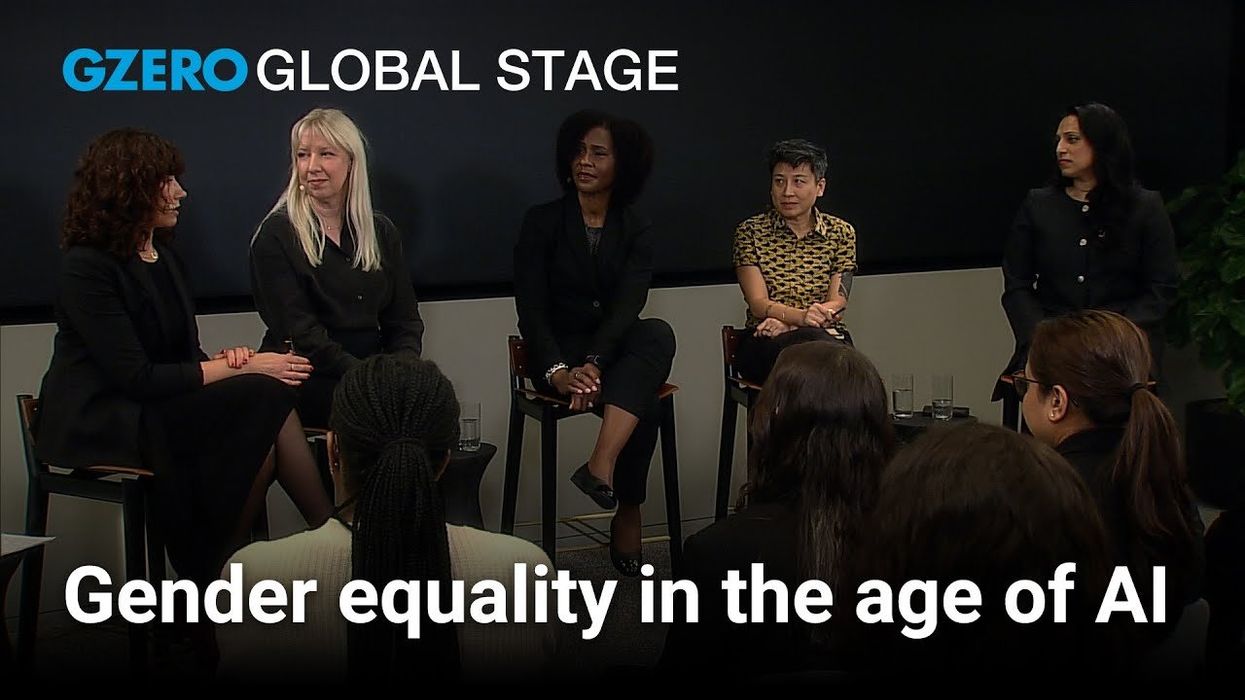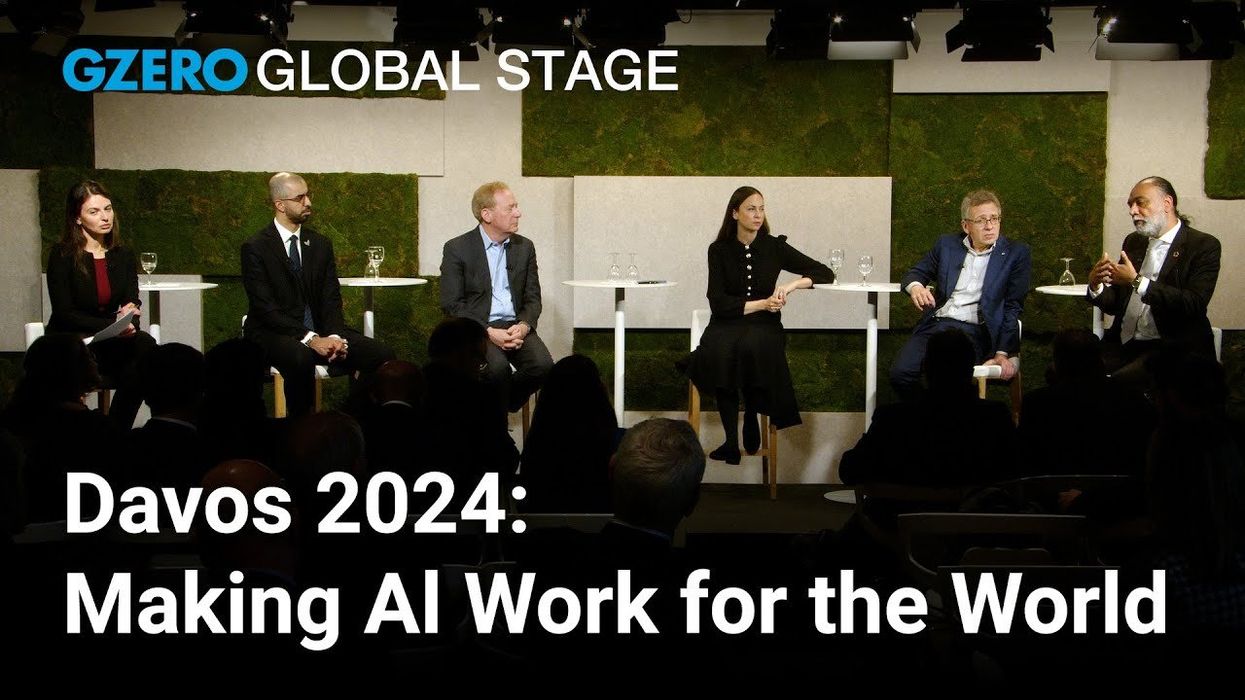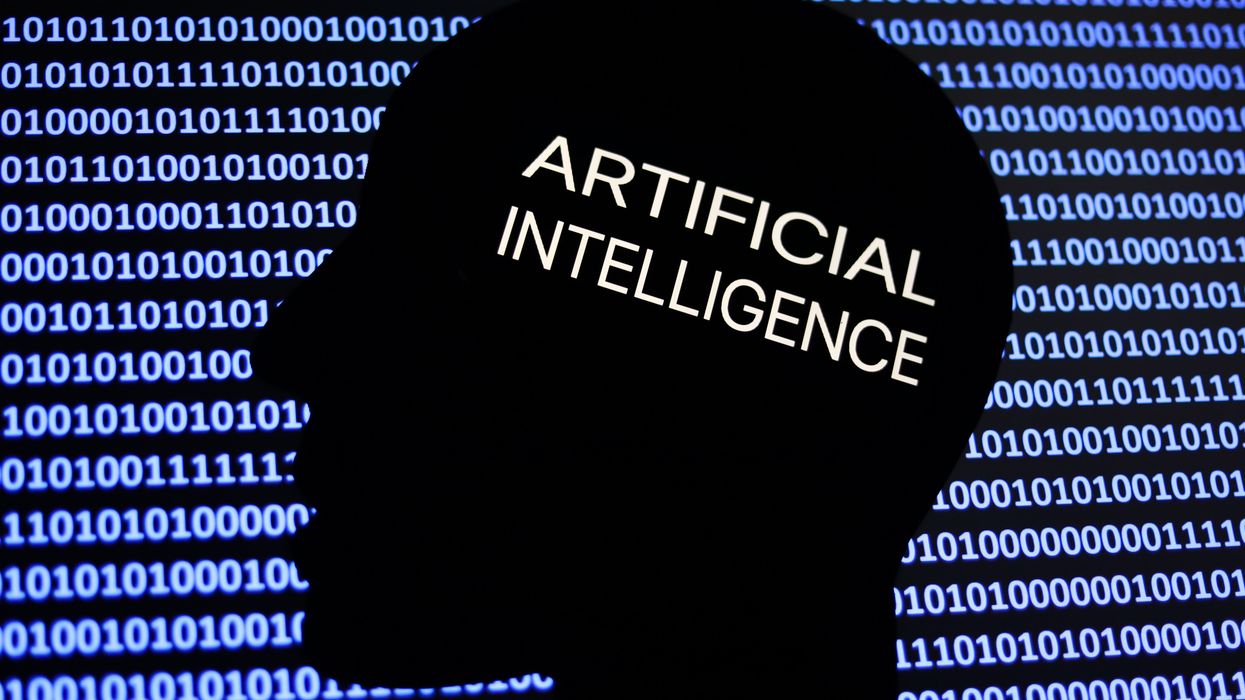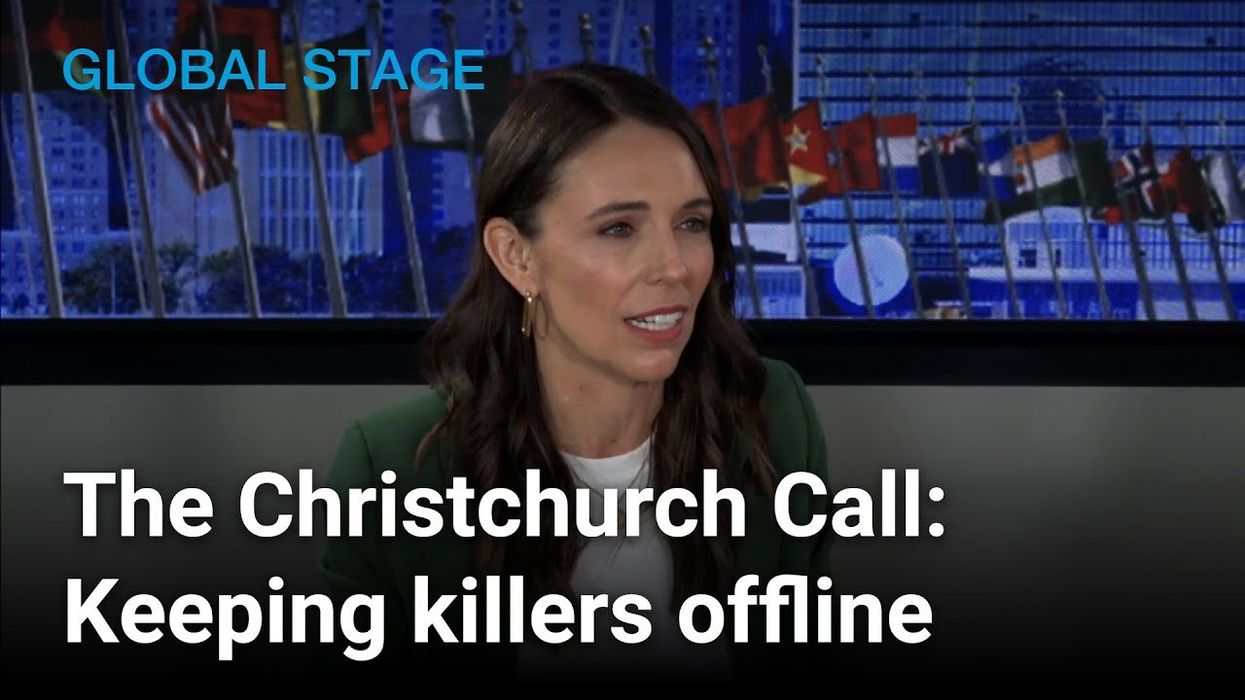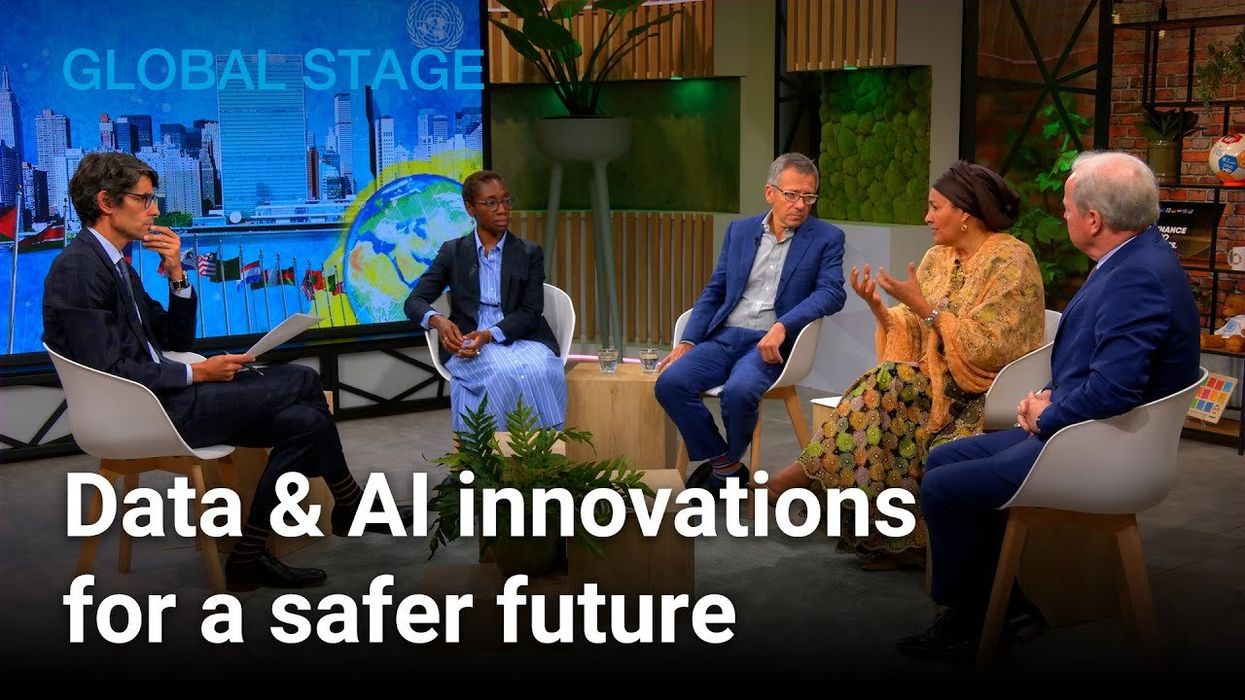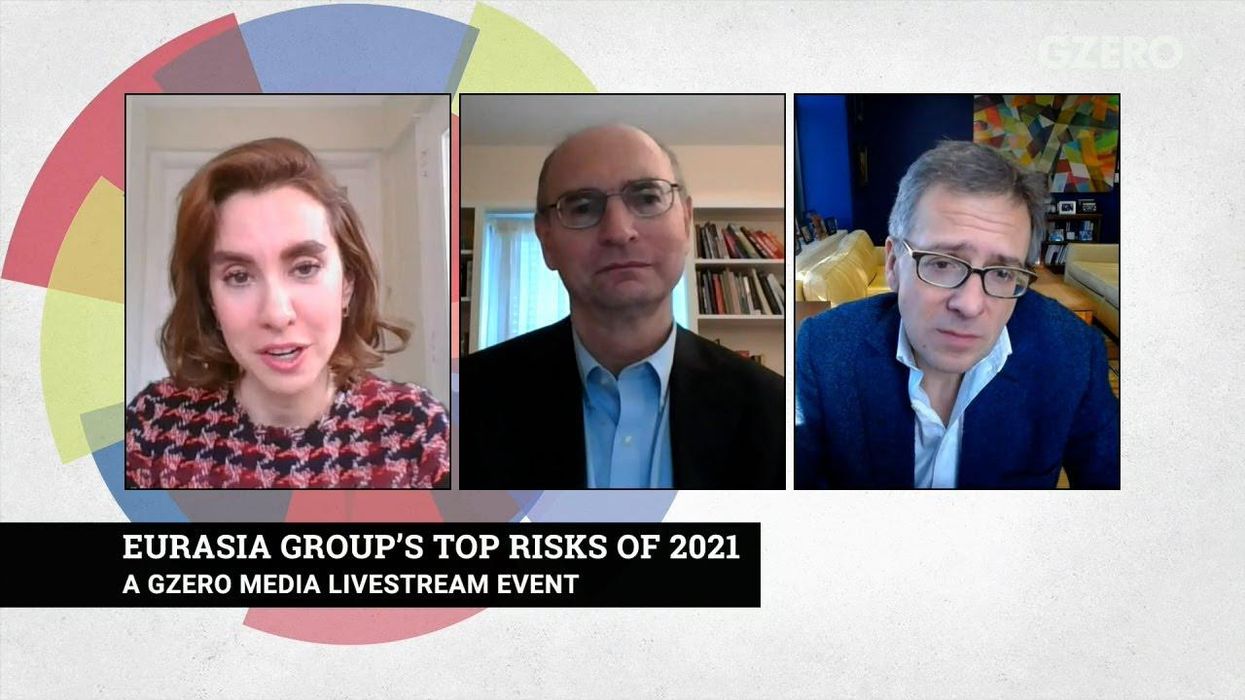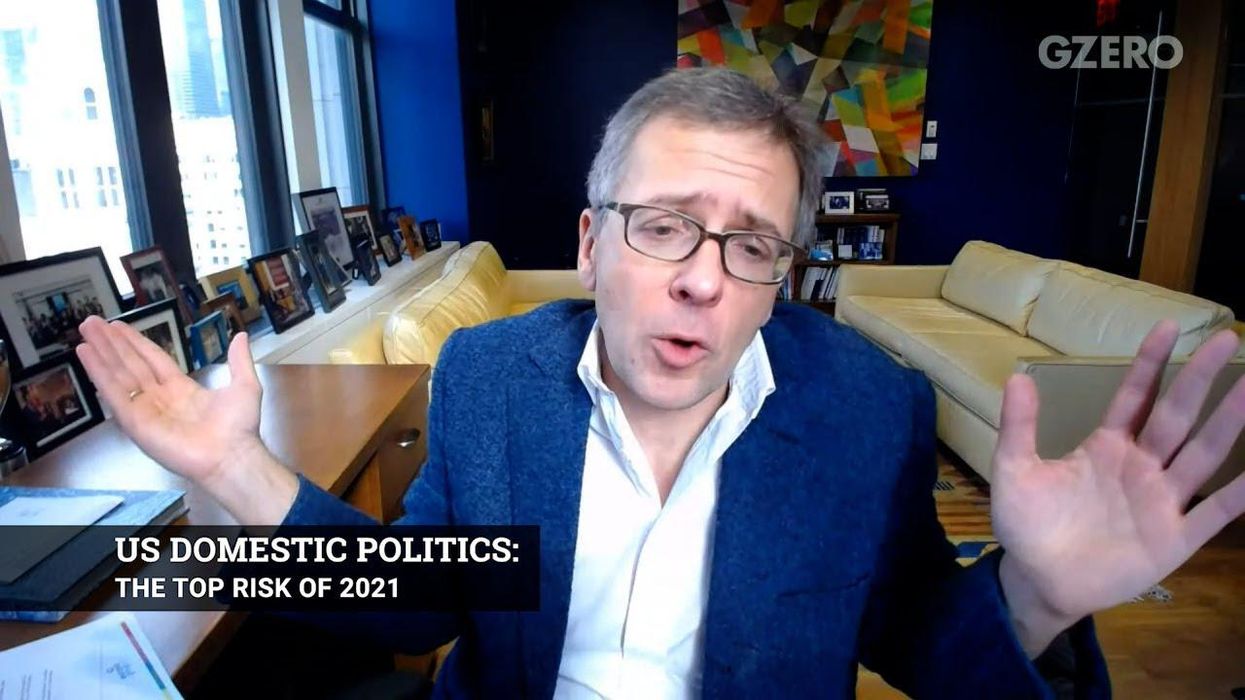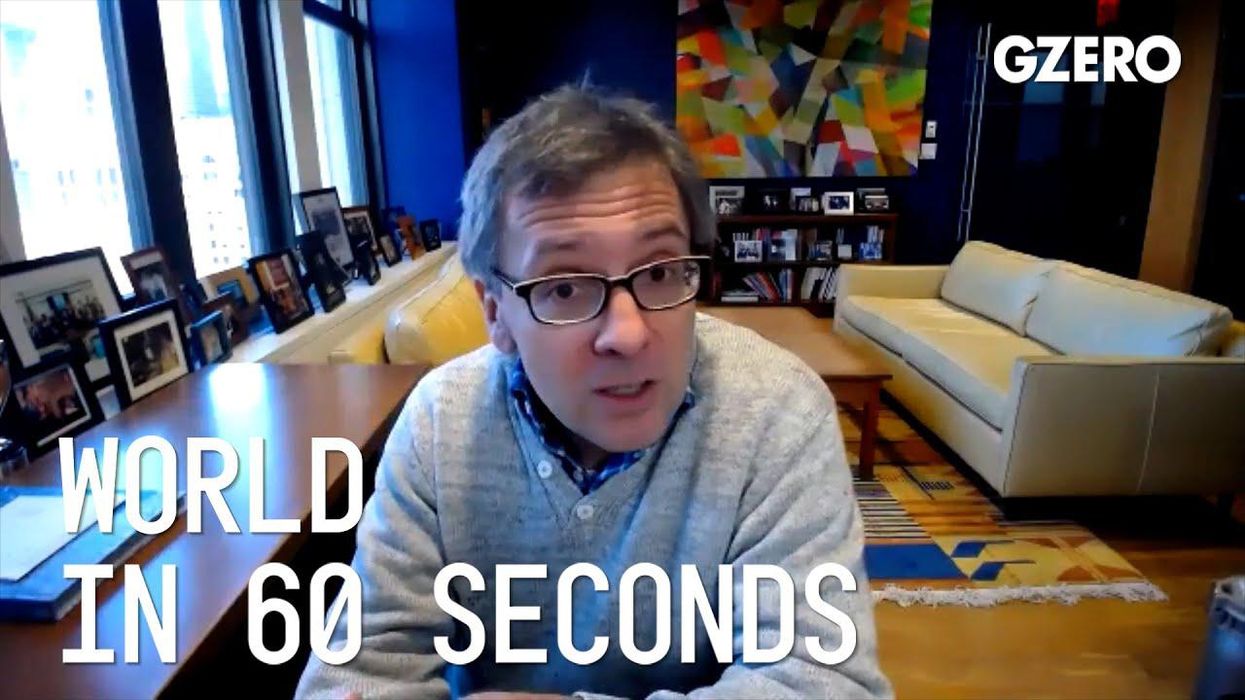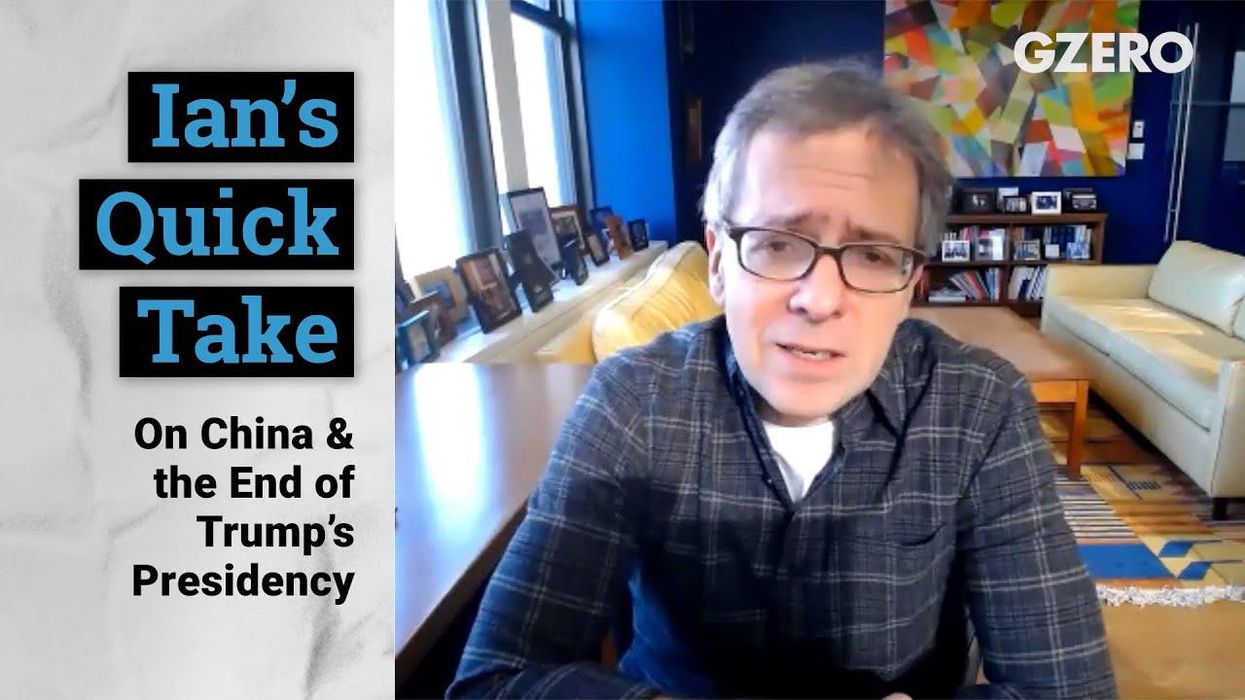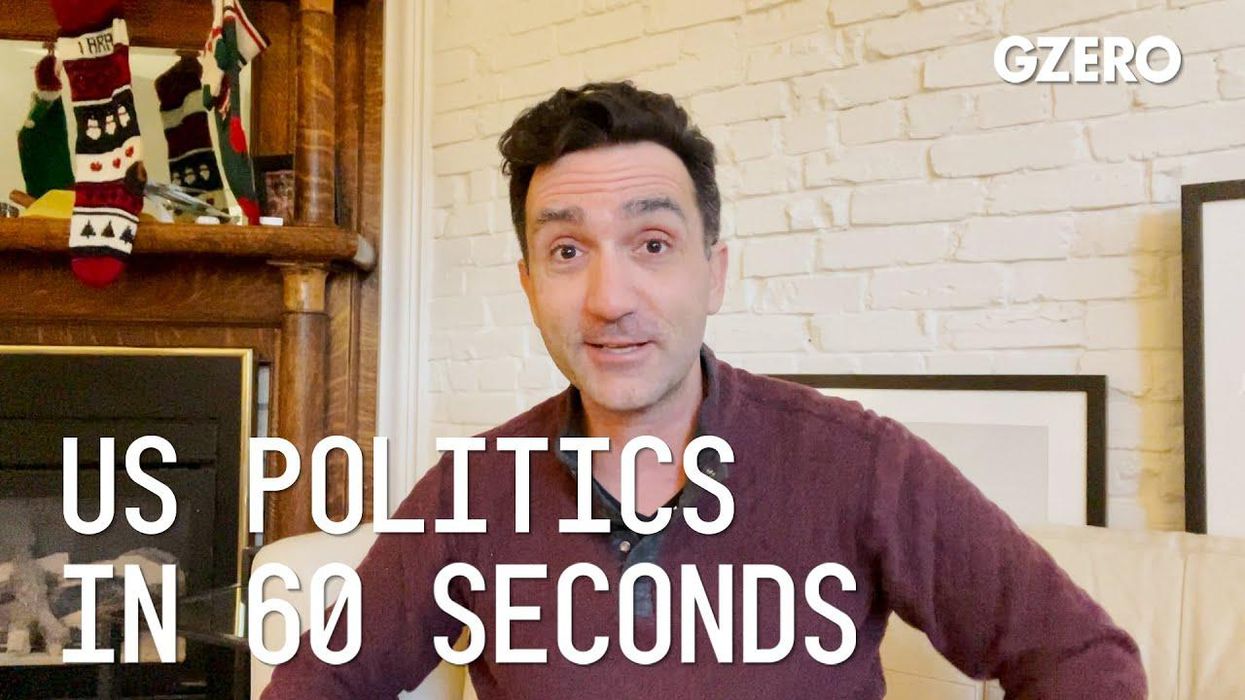Digital Governance
What impact will AI have on gender equality?
At the current rate of progress toward gender equality, the World Economic Forum estimates it will take 131 years for women to attain parity in income, status, and leadership. While technology is a powerful tool to help close the gender gap, it can also be weaponized.
Mar 18, 2024
